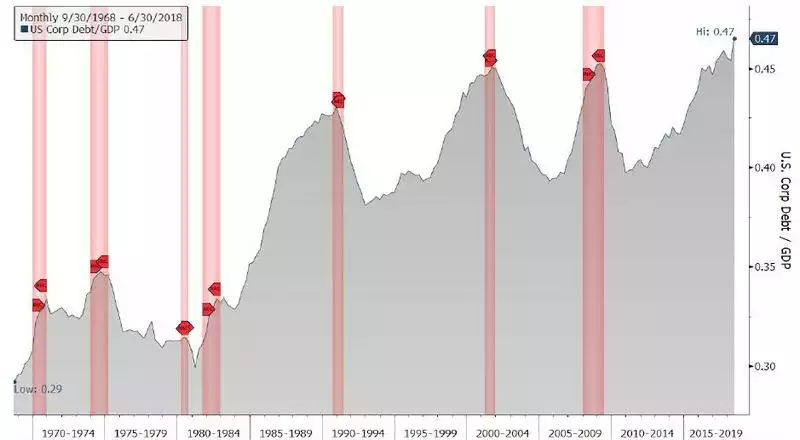Australia- Not Enough Bullets
News
|
Posted 03/06/2019
|
6175
Tomorrow it is almost certain the RBA will cut rates amid a raft of ordinary economic data for Australia. The majority of economist are calling 2 cuts this year but some are out to as many as 4 in the next 12 months. The Aussie dollar hasn’t dropped any more since this almost became a certainty a couple of weeks ago but that is because iron ore exports are so strong presently. On Wednesday we get our latest GDP print and it is expected to drop further to under 1.6%, including that iron ore boom, and so could be much worse. At a 1.5% policy rate, and with adjustments ordinarily in 0.25% increments, our RBA literally has just 6 bullets left in the policy gun. As we discussed last month, the rate cuts in this environment are principally about getting a lower AUD. Some argue using one of those bullets amid this ore boom is a waste. To be left with just 5 bullets BEFORE the recession leaves little place to go other than QE or negative rates. And that’s just a recession. What happens if we have a full on crisis? Topically….
When the world’s largest bond manager, PIMCO, sounds an ominous warning about the state of the market, you tend to listen. Late last week the Chief Investment Officer, Scott Mather said “We have probably the riskiest credit market that we have ever had.”
Speaking to Bloomberg, Mather said that in terms of the size, duration, quality and lack of liquidity that the current market compares to that just before the GFC. We last wrote about the deteriorating corporate debt situation here and here. (The first of those we labelled a ‘must read’ in case you missed it). We still believe it will be one of the biggest triggers or contributors to the recession becoming an outright financial crisis. So, it seems, does PIMCO.
Mathers referred to the chart below showing US Corporate Debt against GDP. As you can see, it has never been higher:

It seems now the market is starting to realise the dangers too with a massive $429m withdrawn from the SPDR High Yield Bond ETF in just one day last week. Right in line with Mather’s comments:
"I think that’s what you’re seeing now in markets. People are starting to come to a more realistic outlook about the forward-looking growth prospects, as well as the power of central banks to pump up asset prices."
Australia is perilously exposed to the global financial stage. Our saving grace right now is ore. Ore is used to make steel. Should China’s bubble pop that could dry up overnight. As Mather suggests, there is little left that our central bank can do to help us through it.